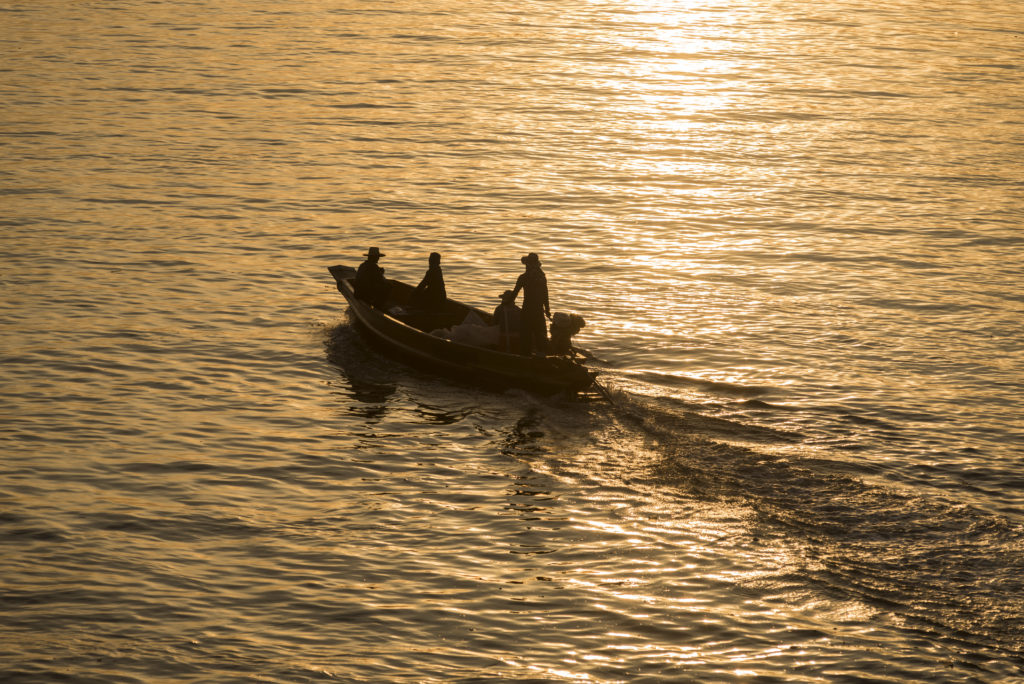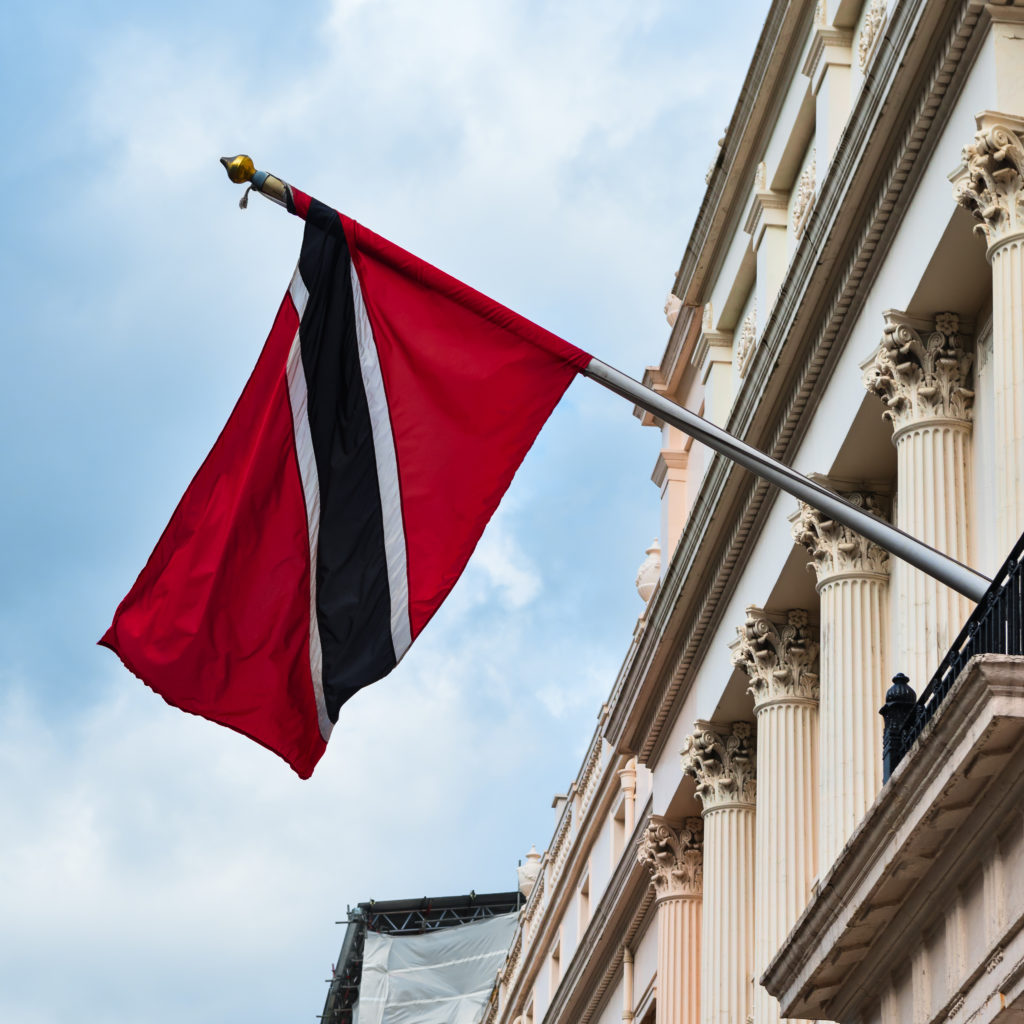
Consider the Principle of Non-Refoulement
“In today’s interdependent world, no country is an island. We need partnership and solidarity to achieve our goals in this big year for humanity” – Ban Ki-moon
The words mentioned by then UN Secretary-General Ban Ki-moon about the need for greater collaboration among nation states could not be more relevant today, perhaps even more so. When Ban Ki-moon made such a profound statement in 2015, amending the singular ‘no man is an island’ for the collective ‘no country’ he pre-dated the rise of populism which festered across an entire European continent after being spawned with the rise of Donald Trump’s 2016 presidential success (I explore this in detail in “Making the Nation Great Again: Trumpism, Euroscepticism and the Surge of Populist Nationalism” Journal of Comparative Politics 10 (2), 2017.
‘Trumpism’ spewed divisiveness, alternative facts, and bigotry. But perhaps the most dangerous by-product of his success was its implications on the politics of other countries. Trump professed a tribal, isolationist ideology which has spread across the world and Trinidad and Tobago has not been excluded. It seems we are enacting our own tribalism manifested most notably in a complicated, snowballing tension between our closest neighbor, Venezuela.

The three fishermen caught in April of this year who were subsequently released about two weeks later was the appetizer to a now heated UN issue. This issue has to do with the deportation of over 80 Venezuelans by our present Government. The Attorney General Faris Al-Rawi attempted to defend the Government’s decision by calling it ‘voluntary repatriation’ and by saying that international law does not automatically translate into domestic law. In responding to this I have one word – albeit hyphenated – non-refoulement.
As drafted by the United Nations High Commission for Refugees (UNHCR), Article 33 of the 1951 Convention Relating to the Status of Refugees states “No Contracting State shall expel or return (“refouler”) a refugee in any manner whatsoever to the frontiers of territories where his [or her] life or freedom would be threatened on account of his [or her] race, religion, nationality, membership of a particular social group or political opinion.” Put concisely, non-refoulement legally obliges a country to provide refuge for asylum seekers who are at-risk in their home country.

Despite this cornerstone of international law our Government has taken an isolationist, dare I say Trump-esque, stance in expelling those Venezuelans who have fled their country amidst a downward spiraling political crisis. Given the recent major, and embarrassing, faux pas which saw Trinidad and Tobago object to Dominica’s request for a waiver of its fees to the Organisation of American States (OAS), one would think that our Government could be a bit more diplomatic and try to ‘save face’ by not acting bullish where it concerns the United Nations and the statutes of international law. It is not inherently wrong of a country to have a protectionist ideology but when that country can in any way support its international neighbors then such a tactless ideology becomes gravely problematic.
The Geneva Convention has been invoked under the same circumstances in the EU to specifically counter the mass expulsion of refugees mainly from Syria. Article 54 of the Convention states
“In no circumstances shall a protected person be transferred to a country where he or she may have reason to fear persecution for his or her political opinions or religious beliefs.”
Given the symmetry between the UNHCR and Geneva Conventions, the decision by the Trinidad and Tobago Government to disregard the statutes of international law has deservedly garnered the wrong type of publicity.
As a member of the UN our nation’s leaders must be sensitive to the changing demands of a global community. Considering two of the mandates by the UN is to protect human rights as well as uphold international law, the decision to expel Venezuelan refugees without maintaining due diligence has rightfully attracted negative attention. This issue transcends the needs of the society, its economy, and politics. At the heart of the matter is a human(e) issue.
What could help is a proper system put in place to allow the authorities to vet the circumstances of refugees and asylum seekers to Trinidad. Our bureaucracy makes this a difficult undertaking. A call to the Immigration Division for statistics regarding the number of Venezuelans coming to and leaving Trinidad is purgatorial in stature. One has to navigate a range of obstacles, from endlessly ringing phone lines, abrasive customer service and a general lack of competence regarding the dissemination of information.

As a nation we ought to avoid the recent accumulation of international blunders. The adage ‘think before you act’ would be timely advice in this regard. Otherwise, if we continue down this path, of disregarding our international neighbors in their time of need, our national character and our propensity for goodwill stands to suffer the greatest consequence.
The extent of Venezuelan asylum-seeking in Trinidad is not on the scale of Middle-Eastern refugees to Europe, or the Rohingyas fleeing Myanmar to seek safety in Bangladesh. However, at its core is the same crisis of a people in imminent danger, and as citizens of the world we should feel some degree of ethical obligation in at least giving those Venezuelan refugees due diligence. If not, we stand to lose far greater – our international reputation.